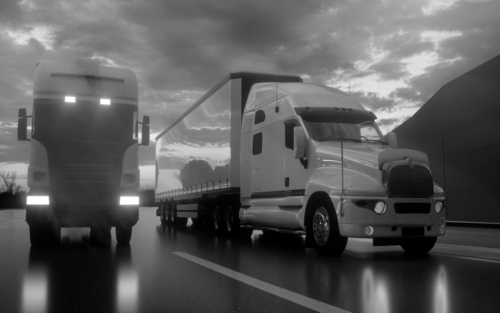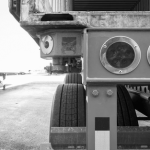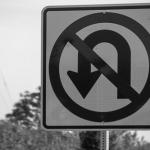When a commercial truck collision occurs, the legal landscape is vastly different from typical car accident cases. As an attorney who has training and experience in handling commercial motor vehicle (CMV) crashes, I’ve seen firsthand how these cases demand increased knowledge and experience that goes far beyond standard auto crash litigation.
Complex Federal Regulations
Unlike regular car crashes, truck crashes involve extensive federal regulations. The Federal Motor Carrier Safety Administration (FMCSA) maintains detailed rules governing:
- Driver qualification and training
- Hours of service limitations
- Vehicle maintenance requirements
- Drug and alcohol testing protocols
- Electronic logging device requirements
Understanding these regulations is crucial because violations often contribute to crashes and can help establish liability against the driver and/or motor carrier. An attorney without experience and knowledge of these rules might miss critical violations that could help prove negligence.
Multiple Liable Parties
Truck crash cases rarely involve just two parties. Potential defendants can include:
- The truck driver
- The trucking company (motor carrier)
- The trailer owner
- The freight broker
- Vehicle maintenance providers
- Loading companies
Each party has different insurance coverage, different legal obligations, and different defenses. Identifying all responsible parties requires understanding the complex relationships within the trucking industry.
Specialized Insurance Coverage
Commercial trucks typically carry insurance policies with limits far higher than passenger vehicles – often in the millions of dollars. These policies have unique provisions and exclusions that require careful analysis. Insurance companies deploy specialized adjusters and defense attorneys who handle only commercial vehicle cases. Meeting them on equal footing requires similar experience.
Unique Evidence Sources
Truck crashes generate types of evidence not always present in car crashes:
- Electronic Control Module (ECM) data
- Electronic logging device records
- Telematics data
- Driver qualification files
- Hours of service logs
- Post-crash drug and alcohol testing results
- Maintenance records
- Bills of lading
- Safety audit results
This evidence must be preserved quickly and interpreted correctly. An inexperienced attorney might not know what to request or how to analyze it properly.
The Stakes Are Higher
Commercial truck crashes typically cause more severe injuries and fatalities than passenger vehicle crashes. The physics of an 80,000-pound vehicle colliding with a 4,000-pound car often results in catastrophic outcomes. These cases demand an attorney who can:
- Work with specialized medical experts
- Understand complex injury patterns
- Calculate long-term care costs
- Navigate wrongful death claims
- Handle traumatic brain injury cases
Why Experience Matters
When you’re dealing with a truck crash case, it’s best you seek an attorney who:
- Knows the regulations inside and out
- Has experience with the specific experts these cases require
- Understands the trucking industry’s operation
- Can anticipate and counter specialized defense strategies
- Has successfully handled similar cases before
If you or your family are reading this because a tragedy struck involving a commercial motor vehicle, it is very important you hire an attorney who knows trucking industry standards, laws and regulations. Our personal injury team at SW&L Attorneys understands, knows, and handles all trucking and commercial motor vehicle accidents. To get in touch with our team, call (701)297-2890, or email info@swlattorneys.com.
Please read the disclaimer here.










